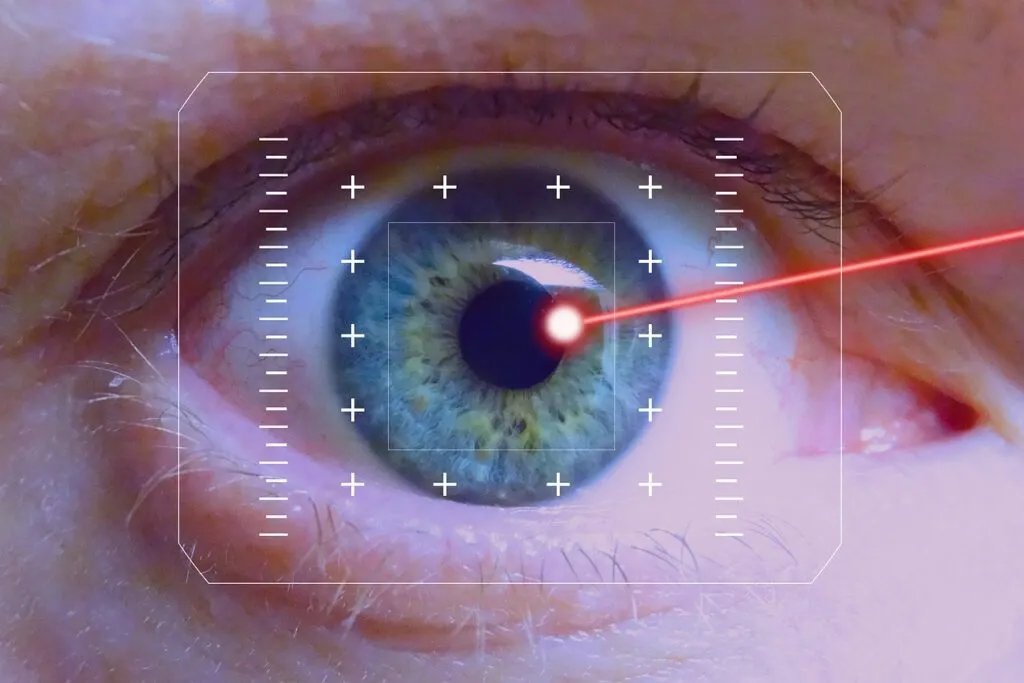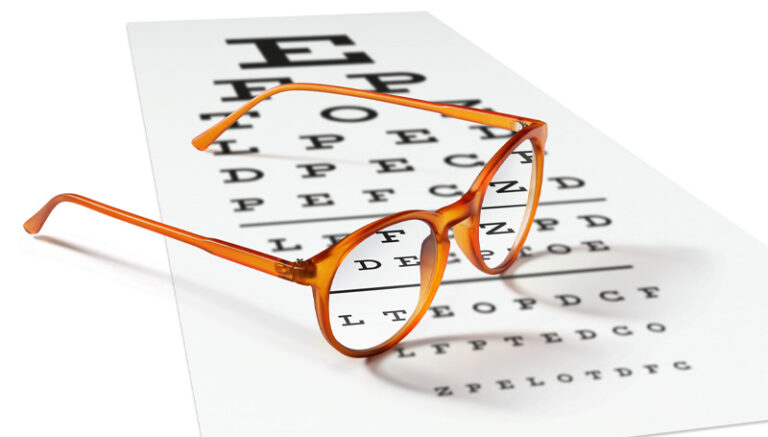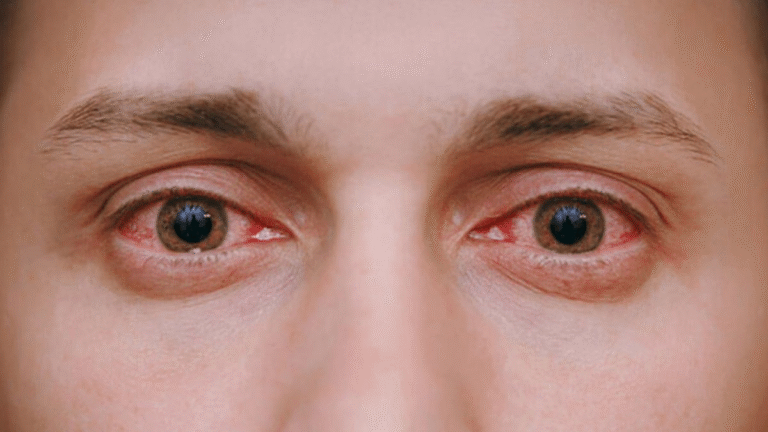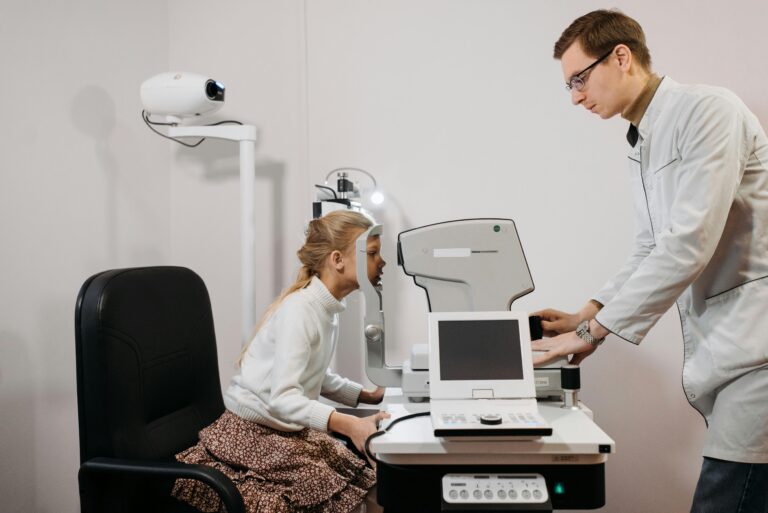Living with Keratoconus: Tips for Maintaining Eye Health

Keratoconus is a progressive eye condition that causes the cornea to thin and change shape, leading to distorted vision and increased sensitivity. While the diagnosis can feel overwhelming, effective management strategies and regular care make it possible to protect your vision and maintain well-being. Here’s how to maintain eye health with keratoconus:
Understanding Its Progression
Keratoconus is a degenerative condition that affects the cornea’s structure and shape. The cornea normally maintains a dome shape, but with keratoconus, it gradually becomes cone-shaped. This change occurs because the corneal tissue weakens and is unable to maintain its proper form.
The condition progresses at different rates for different people. Some experience rapid changes in vision over months, while others may have stable vision for years. Common symptoms include blurred or distorted vision in both eyes, double vision in one eye, and halos around bright lights. These symptoms often worsen in low-light conditions. Genetics may play a role in the development of keratoconus. If a family member has the condition, you have a higher risk of developing it yourself.
Working With Your Eye Care Specialist
Regular eye examinations are fundamental when managing keratoconus. Your eye care specialist will monitor the condition’s progression using specialized equipment. Topography tests measure the cornea’s curvature and can detect even small changes in its shape. These measurements help determine when adjustments to treatment are needed.
Keratometry is another diagnostic test that focuses light on the center of the cornea and measures the reflection. This test helps assess the corneal shape and track changes over time. Slit lamp examinations allow your doctor to view the cornea’s structure in detail using a specialized microscope.
Treatment options vary depending on the severity of your condition. Mild cases may be managed with eyeglasses or soft contact lenses. More advanced cases often require specialty contact lenses, including hybrid lenses or scleral lenses. In severe cases, corneal cross-linking surgery may be recommended to strengthen the corneal tissue.
Daily Habits To Support Eye Health
Several daily habits can help protect your eyes and slow the progression of keratoconus. Avoiding eye rubbing is particularly helpful, as this action can further weaken the corneal tissue. If you experience itchy eyes due to allergies, use prescribed eye drops instead of rubbing.
Wearing UV-protective sunglasses outdoors protects your eyes from harmful sun rays. This protection is beneficial for overall eye health and may help prevent further corneal damage. Staying hydrated supports your body’s natural tear production. Proper hydration helps keep your eyes moist and comfortable. Use prescribed or recommended lubricating eye drops as directed by your eye care specialist to maintain eye moisture.
Managing Lifestyle and Well-Being
Living with keratoconus can affect your daily activities and emotional well-being. Maintaining a balanced diet rich in antioxidants and omega-3 fatty acids supports overall eye health. Foods such as leafy green vegetables, fish, and nuts provide key nutrients that benefit your eyes.
Adequate sleep is helpful for eye health and overall recovery. Your eyes repair themselves during sleep, making sufficient rest particularly beneficial for people with eye conditions. Managing stress through relaxation techniques or regular exercise can indirectly benefit your eye health. Finding healthy ways to cope with stress supports your overall well-being.
Book Your Keratoconus Appointment Today
Managing keratoconus requires ongoing attention and professional care. Regular monitoring enables the early detection of progression and facilitates timely treatment adjustments. Working closely with your eye care specialist and following daily protective habits can help preserve your vision and maintain your quality of life. If you suspect you have keratoconus or need ongoing management for this condition, contact a trusted eye specialist near you to schedule an appointment.
- What to Expect When Visiting a Foot and Ankle Specialist
- Causes of PTSD
- The Link Between Plantar Fasciitis and Weight Gain: What You Need to Know
- How Pet Ownership Can Positively Impact Life with Fibromyalgia
- The Importance of Stretching and Flexibility in Sports Medicine
Dr. Emma Green is a health and wellness expert with over 10 years of experience in nutrition and fitness. Passionate about helping others live their healthiest lives, Dr. Green shares practical advice on wellness, nutrition, and sustainable living through LivingSpristine.






